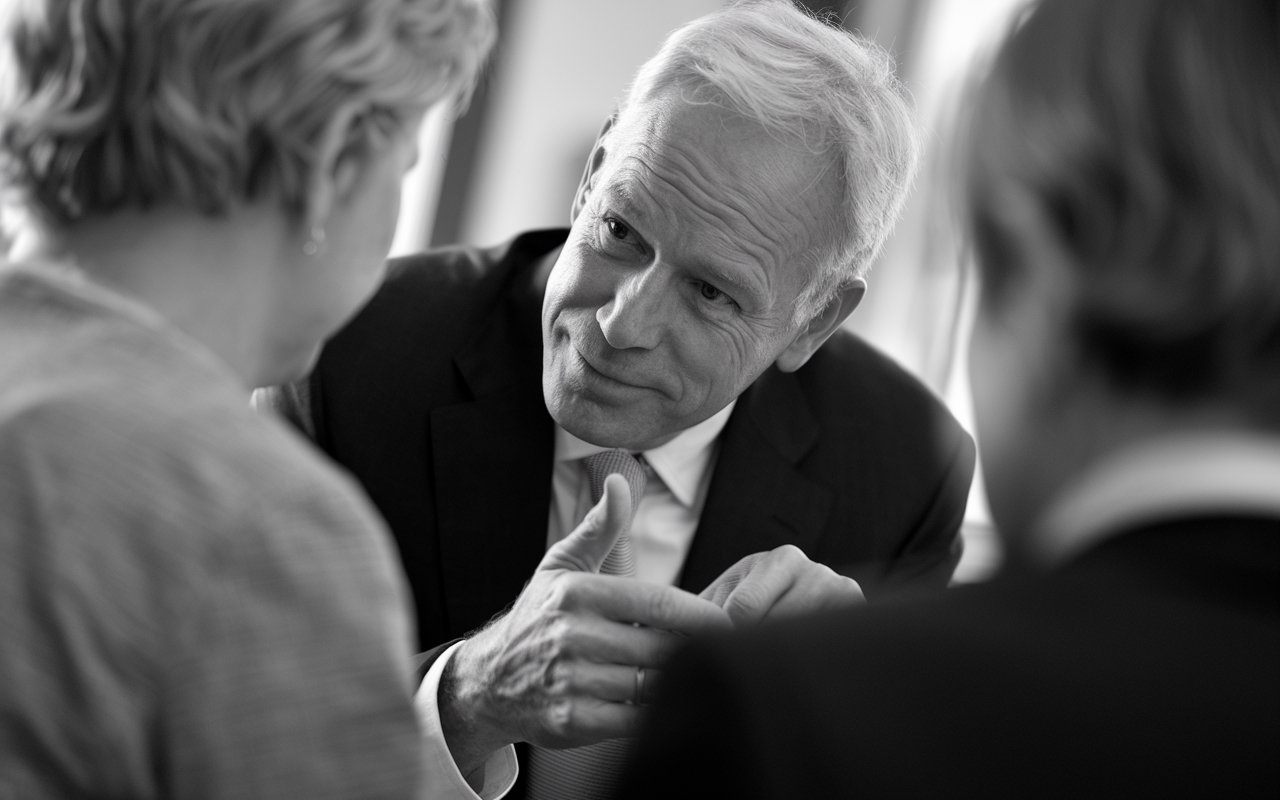Behavioral science teaches us that small adjustments in the way choices are presented can significantly influence decision-making. These subtle cues, or “nudges,” have become a powerful tool in politics and governance, helping leaders promote positive behaviors and foster civic engagement. Unlike coercive measures, nudges preserve individual freedom while encouraging actions that benefit both individuals and society.
In the words of behavioral economist Richard Thaler, “A nudge is any aspect of the choice architecture that alters people’s behavior in a predictable way without forbidding any options.” In politics, nudges offer a way to drive meaningful change without imposing mandates or relying on heavy-handed policies.
What Are Political Nudges?
Political nudges are small, strategically designed interventions that guide people toward desirable behaviors, such as voting, recycling, or participating in community initiatives.
- Example: Sending reminders about upcoming elections increases voter turnout without requiring anyone to vote.
Nudges are effective because they leverage human psychology, such as our aversion to loss, preference for simplicity, and susceptibility to social norms.
Positive Ways to Use Political Nudges
1. Increasing Voter Turnout
The Nudge: Personalized reminders about election dates, polling locations, and voter registration deadlines.
Why It Works: People are more likely to act when they receive timely, actionable information tailored to them.
Example: Text messages like, “Your polling place is open today until 7 PM. Make your voice heard!” have been shown to boost turnout significantly.
2. Encouraging Civic Engagement
The Nudge: Highlighting social proof by sharing data on community participation.
Why It Works: People are influenced by the behavior of others. If they see high participation rates, they’re more likely to get involved themselves.
Example: “87% of residents in your neighborhood voted last election. Be part of the movement!”
3. Promoting Environmental Responsibility
The Nudge: Setting environmentally friendly options as the default.
Why It Works: Defaults take advantage of inertia—most people stick with the default choice rather than opting out.
Example: Automatically enrolling households in green energy programs while allowing them to opt out if they choose.
4. Boosting Public Health Initiatives
The Nudge: Framing health campaigns in terms of loss aversion.
Why It Works: People are more motivated to avoid losses than to achieve gains.
Example: “You’re at risk of losing valuable years with your family if you don’t schedule regular check-ups.”
5. Fostering Community Solidarity
The Nudge: Encouraging commitments by making pledges public.
Why It Works: Public commitments increase accountability and social pressure to follow through.
Example: “Sign the pledge to keep our streets clean and see your name on the community leaderboard!”
Historical Examples of Positive Political Nudges
1. The London Underground Safety Campaign
After noticing that passengers often ignored safety messages, officials rephrased announcements to focus on social proof: “95% of passengers stand behind the yellow line for their safety.” The change reduced accidents without restricting anyone’s behavior.
2. Barack Obama’s 2008 Campaign
Obama’s campaign effectively used nudges by sending personalized text messages to remind supporters of key events, including voter registration deadlines and rallies. These messages not only increased participation but also strengthened the connection between the campaign and its supporters.
3. Denmark’s Organ Donation Program
Denmark increased organ donor registrations by making organ donation the default option on driver’s license forms while still allowing individuals to opt out. This simple nudge leveraged the power of default choices to improve public health outcomes without limiting personal freedom.
How to Implement Political Nudges in Campaigns
1. Leverage Behavioral Insights
Use principles like loss aversion, social proof, and default options to design nudges that align with your campaign’s goals.
- Example: Highlight the risks of not participating in an election (e.g., “Don’t let others decide your future for you.”).
2. Keep Nudges Simple and Clear
Effective nudges are easy to understand and act on. Avoid overwhelming people with complex information or too many options.
- Example: Provide a single, clear link for voter registration rather than multiple instructions.
3. Personalize the Message
Tailor nudges to individuals or specific groups to increase their relevance and impact.
- Example: Use geotargeting to send reminders about polling places unique to each voter’s location.
4. Use Positive Framing
Focus on the benefits of taking action rather than the negatives of inaction.
- Example: “By voting, you’re helping shape the future of our community.”
Ethical Considerations for Political Nudges
While nudges can be powerful, they must be used ethically to avoid manipulation or coercion.
- Transparency: Ensure people understand the intent behind the nudge.
- Preserve Freedom: Nudges should guide choices, not remove options.
- Fairness: Avoid using nudges to unfairly disadvantage certain groups or promote misinformation.
Final Thoughts
Political nudges are a subtle but powerful way to drive positive change. By aligning behavioral insights with campaign goals, candidates and policymakers can encourage civic engagement, promote beneficial behaviors, and foster stronger communities—all without compromising individual freedom.
As Richard Thaler says, “The best nudge is the one that makes it easy for people to do what’s best for themselves.” In politics, nudges offer a way to inspire action while respecting autonomy—a balance that creates lasting trust and impact.
Ready to incorporate behavioral science into your campaign strategy? At Next Generation Political Consulting, we help candidates design ethical, effective nudges that inspire action and deliver results. Let’s craft a strategy that turns subtle influence into powerful change.

